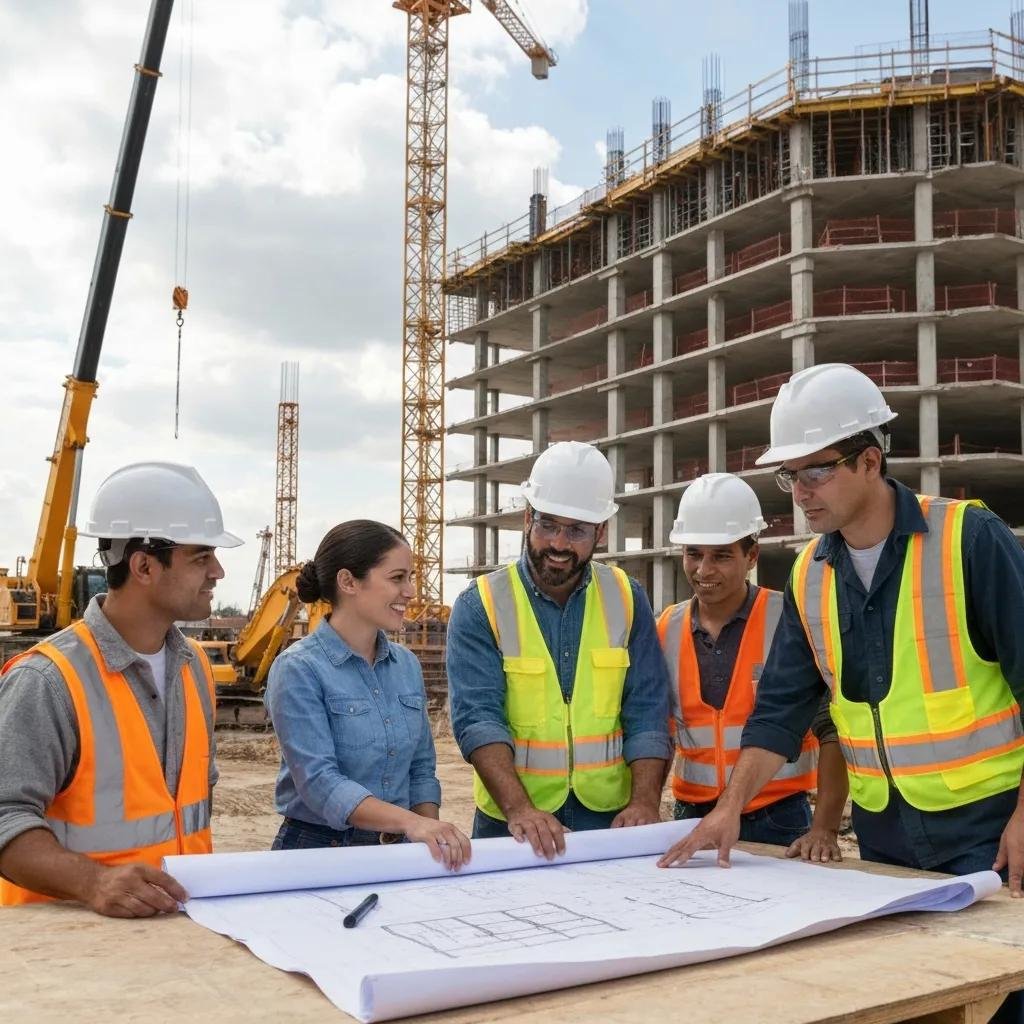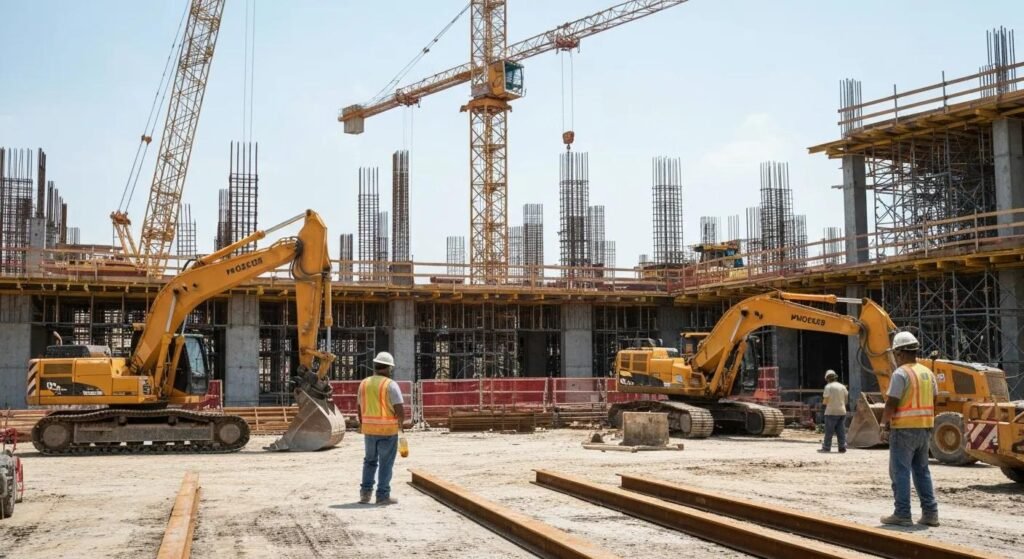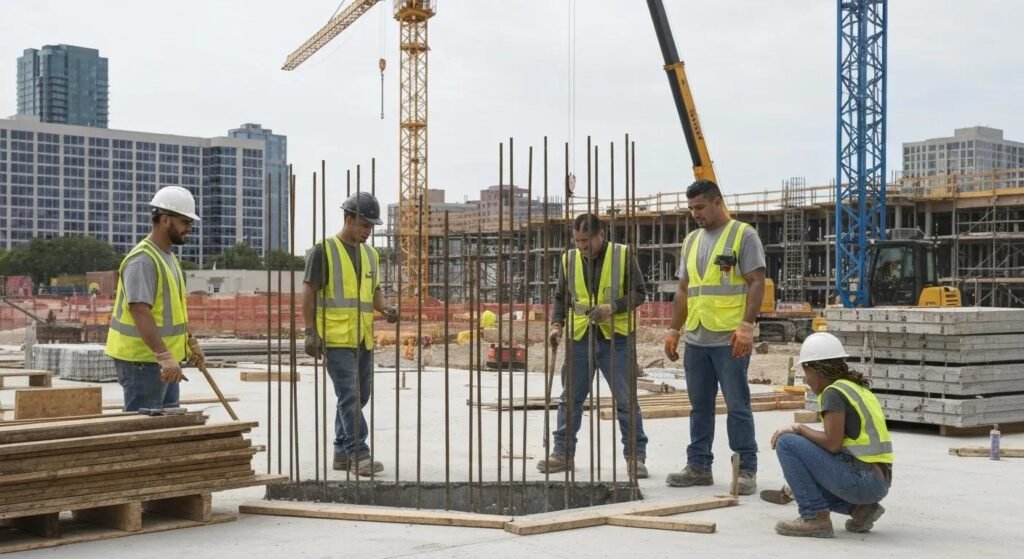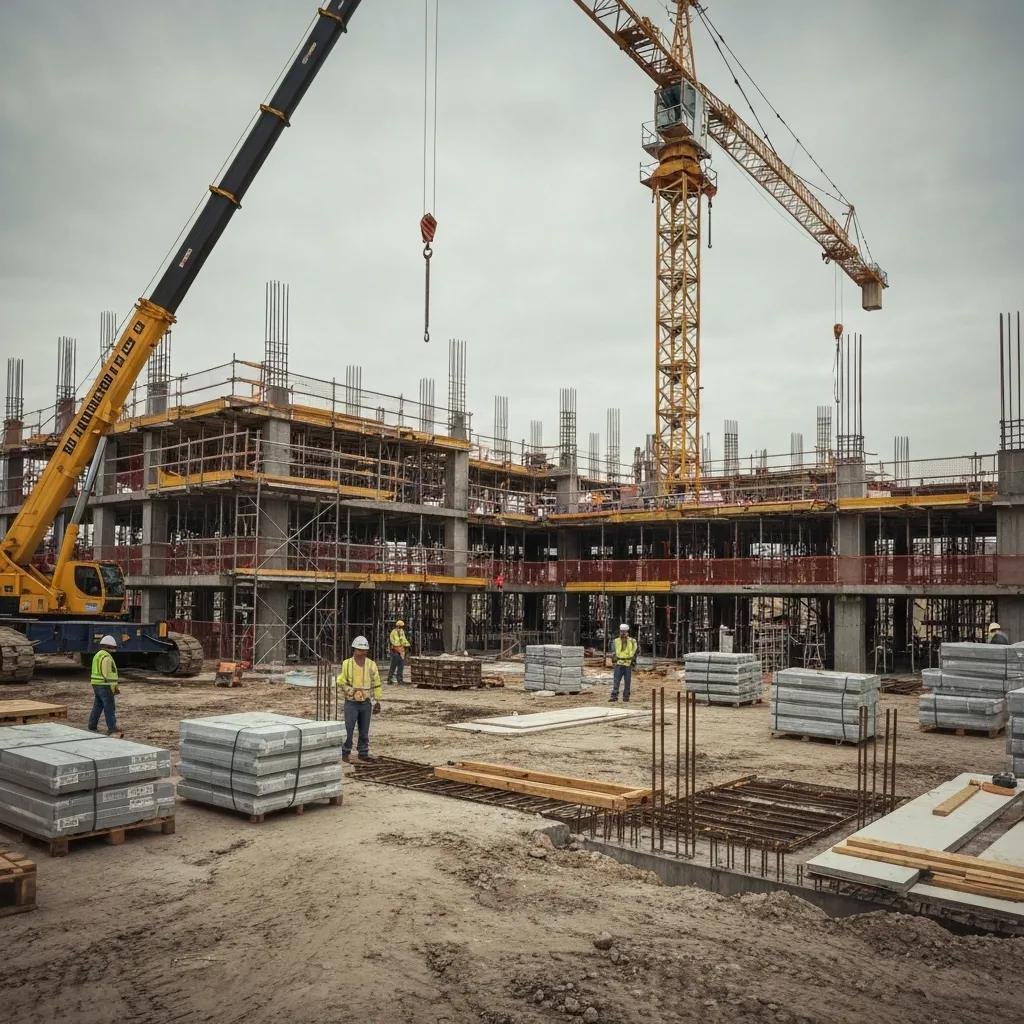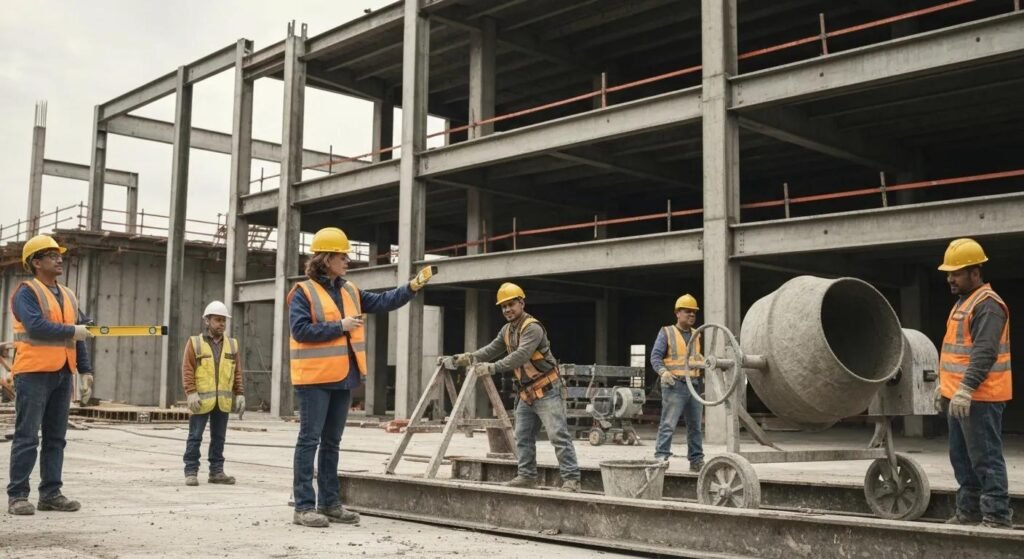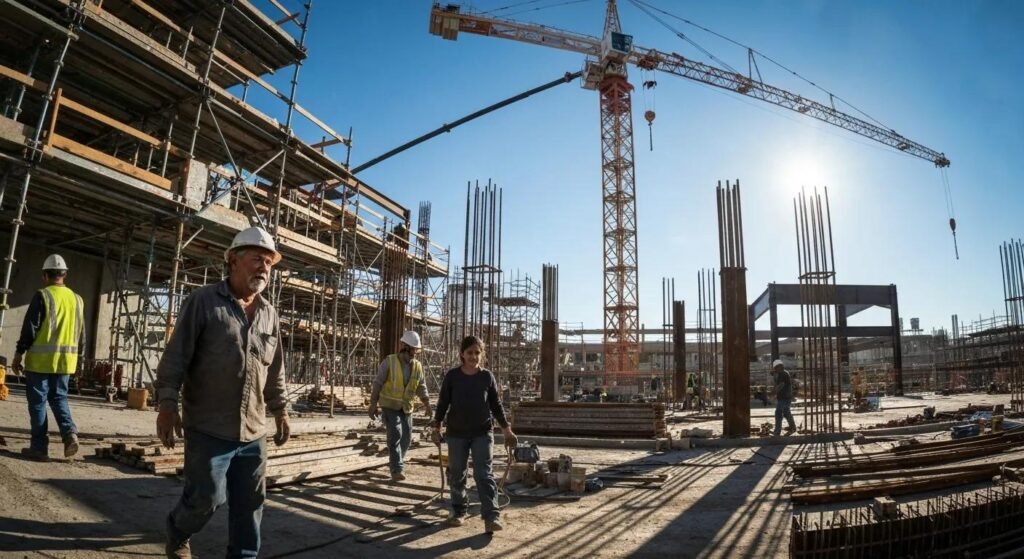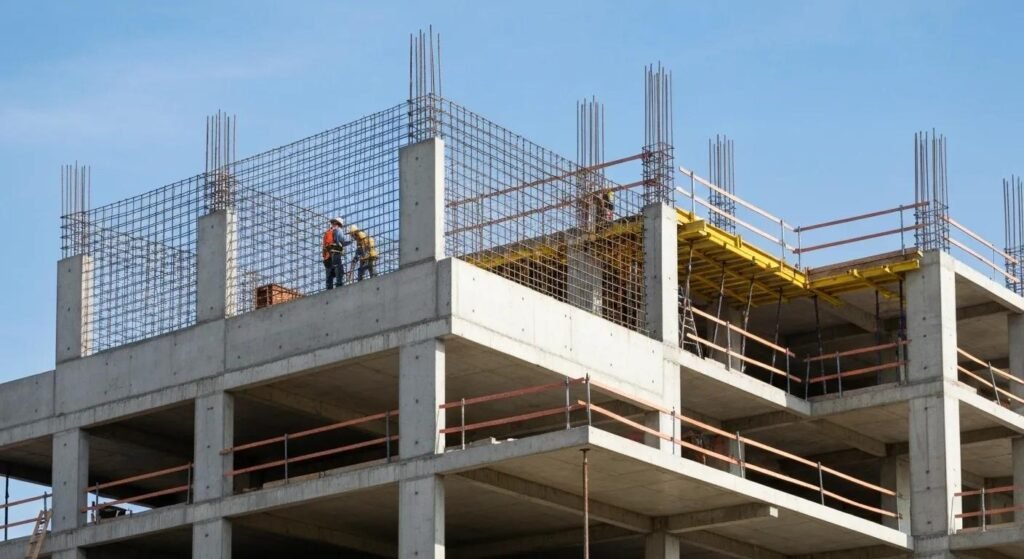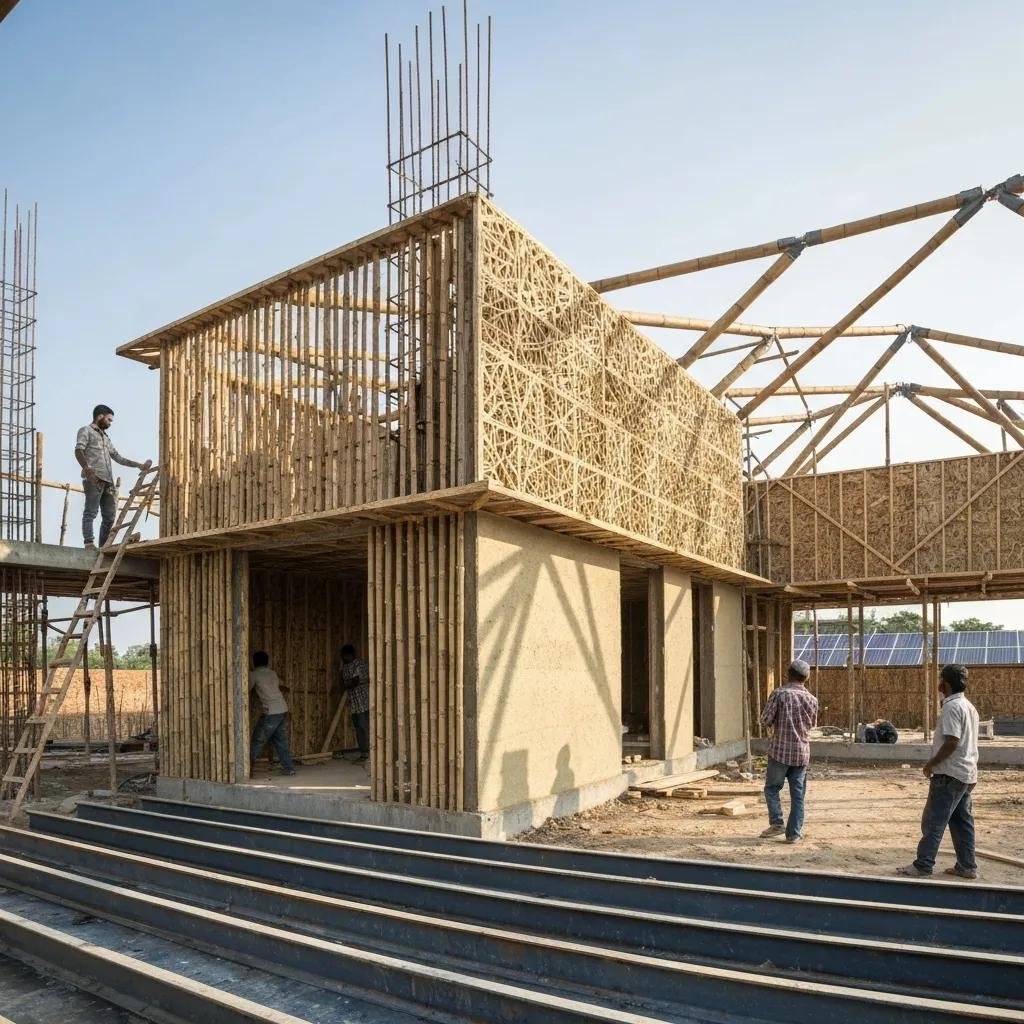Effective Project Management for Commercial Construction
Successful commercial construction projects require a well-organized and strategic approach to project management. This includes careful planning, resource allocation, and coordination among various stakeholders to ensure projects are completed on time, within budget, and to the client's satisfaction.
Some key aspects of effective project management for commercial construction include risk assessment, schedule optimization, cost control, and stakeholder communication. By implementing proven project management practices, construction companies can enhance efficiency, minimize delays, and deliver high-quality results.
Sustainable Design Trends in Commercial Buildings
As environmental consciousness grows, the commercial construction industry is increasingly embracing sustainable design principles. This includes the use of energy-efficient materials, incorporation of renewable energy sources, and the implementation of waste reduction strategies.
Sustainable commercial building design not only reduces the environmental impact of construction but also provides long-term cost savings for building owners through reduced energy consumption and operational expenses. By staying up-to-date with the latest sustainable design trends, construction companies can position themselves as leaders in eco-friendly commercial construction.
The Importance of Skilled Tradesmen in Commercial Projects
Commercial construction projects often require a diverse range of specialized skills, from masonry and electrical work to plumbing and HVAC installation. Hiring skilled tradesmen is crucial to ensuring the successful completion of these complex projects.
Experienced tradesmen bring not only technical expertise but also an understanding of industry best practices and safety protocols. By assembling a team of skilled professionals, construction companies can enhance the quality, efficiency, and safety of their commercial projects, ultimately delivering superior results to their clients.
Navigating Regulatory Compliance in Commercial Construction
The commercial construction industry is subject to a wide range of regulations and building codes, which can vary by location and project type. Navigating this regulatory landscape is essential to ensuring compliance and avoiding costly delays or penalties.
Construction companies must stay informed about the latest regulatory requirements, which may include zoning laws, environmental regulations, safety standards, and accessibility guidelines. By proactively addressing compliance issues during the planning and execution stages, construction firms can streamline the project process and deliver projects that meet all necessary standards.

